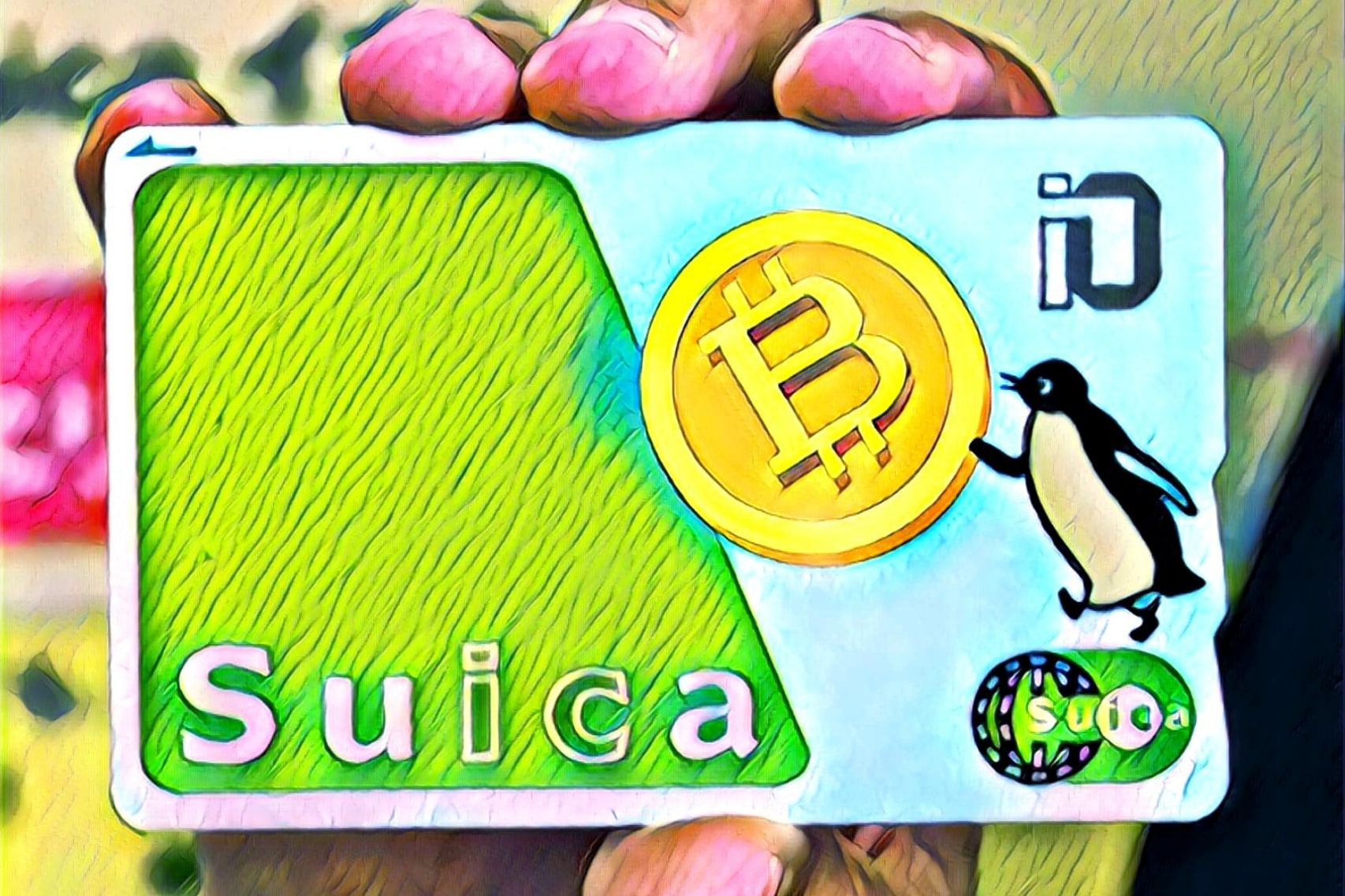The Japanese crypto scene is developing at an exponential rate as friendly crypto regulations are established, banks begin to launch their own stablecoins, a slew of new Japanese crypto exchanges come into play, and so much more.
The latest development to come out of the crypto-friendly nation is from the East Japan Railway Company (JR East) who will soon enable Japanese commuters and tourists alike to pay for their journeys with a variety of cryptocurrencies and stablecoins.
Railway Commuters to Pay with Crypto via the Suica Smartcard
According to the Japanese news program ANN News, the cloud and internet service provider IIJ is collaborating with JR East to allow travelers to pay for train tickets with cryptocurrencies and stablecoins at station shops and kiosks.
In addition to the IIJ collaboration making this venture possible, JR East has invested in the popular Japanese cryptocurrency exchange dealer DeCurret, which was recently approved by the Japanese Financial Conduct Authority (FSA).
With these connections and collaborations, JR East wants to enable customers to pay in cryptocurrencies with their Suica smartcard, which will be made possible through the DeCurret virtual currency exchange and IIJ’s expertise in connectivity and network-related services.
According to the Japanese crypto news outlet Coinpost, Managing Executive Officer of JR East, Shinobu Noguchi, said in a statement:
“JR East’s Suica operates the same settlement business, and is in a position to invest in Dikalet, and is highly expected to develop its services to create a payment infrastructure based on transport infrastructure. We started by charging and using cash, which is a general-purpose payment method, but I think that it will change greatly as the current of ‘cashless’ flows.”
Adding to this, he said that JR East wants to cater to the needs of all their customers, including those who want to pay with digital currency, which is becoming increasingly popular.
The cryptocurrencies that are currently supported and handled by DeCurret include Bitcoin (BTC), Bitcoin Cash (BCH), Litecoin (LTC), and Ripple (XRP). Ethereum (ETH) will also be supported this summer. Therefore, it’s likely that the Suica smartcards will support payments in all or some of these cryptos.
As for stablecoins that are speculated to be supported, Japanese news outlet Nikkei reports that the Japanese banking giant Mizuho Financial Group (MFG) will begin to pilot Suica payments using J Coin, the bank’s own digital token pegged 1:1 with the Japanese yen.
Suica smartcards are very popular in Japan. They are accepted at over 580,000 convenience stores throughout the country, and there are said to be around 75 million cards in circulation. Therefore, once crypto payments are supported on the card it will be huge for mass adoption.
When do you think JR East will implement crypto payments on their Suica smartcards for the entire nation? Let us know in the comment section below.

